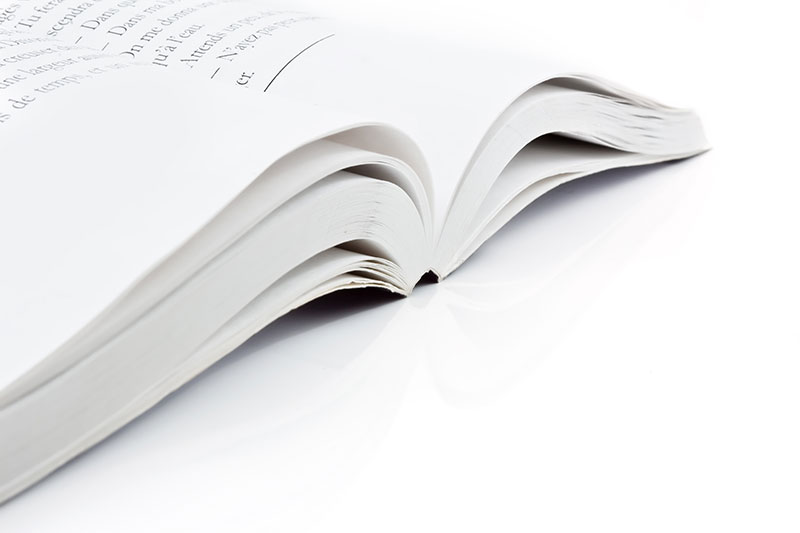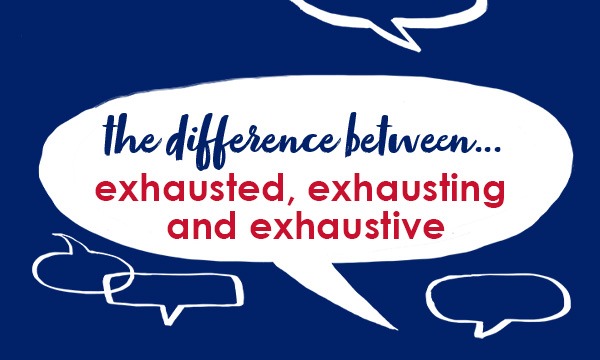This week we are looking at a few words that could be confusing for some learners of English: exhausted, exhausting, and exhaustive.
exhausted

If you are exhausted, you are very tired.
At the end of the day I felt exhausted.
All three men were hot, dirty and exhausted.
Don’t use words such as `rather’ or `very’ in front of exhausted. You can, however, use words such as completely, absolutely, or utterly.
`And how are you feeling?’ – `Exhausted. Completely exhausted.’
The guest speaker looked absolutely exhausted.
exhausting

If an activity is exhausting, it is very tiring.
Redecorating is exhausting.
It’s a difficult and exhausting job.
exhaustive

An exhaustive study, description, or report is thorough and complete.
He wrote an exhaustive report on the incident.
For a more exhaustive treatment you should read Margaret Boden’s book.
Find out more in our English Usage article.
This blogpost is based on Collins COBUILD English Usage, written for learners of English. For more examples of English usage points, please visit: https://grammar.collinsdictionary.com/english-usage.
All opinions expressed on this blog are those of the individual writers, and do not necessarily reflect the opinions or policies of Collins, or its parent company, HarperCollins.




collins_dictionary_official
The home of living language. #wotd #wordlovers #collinsdictionary
Read our word of the week definitions and blog posts: